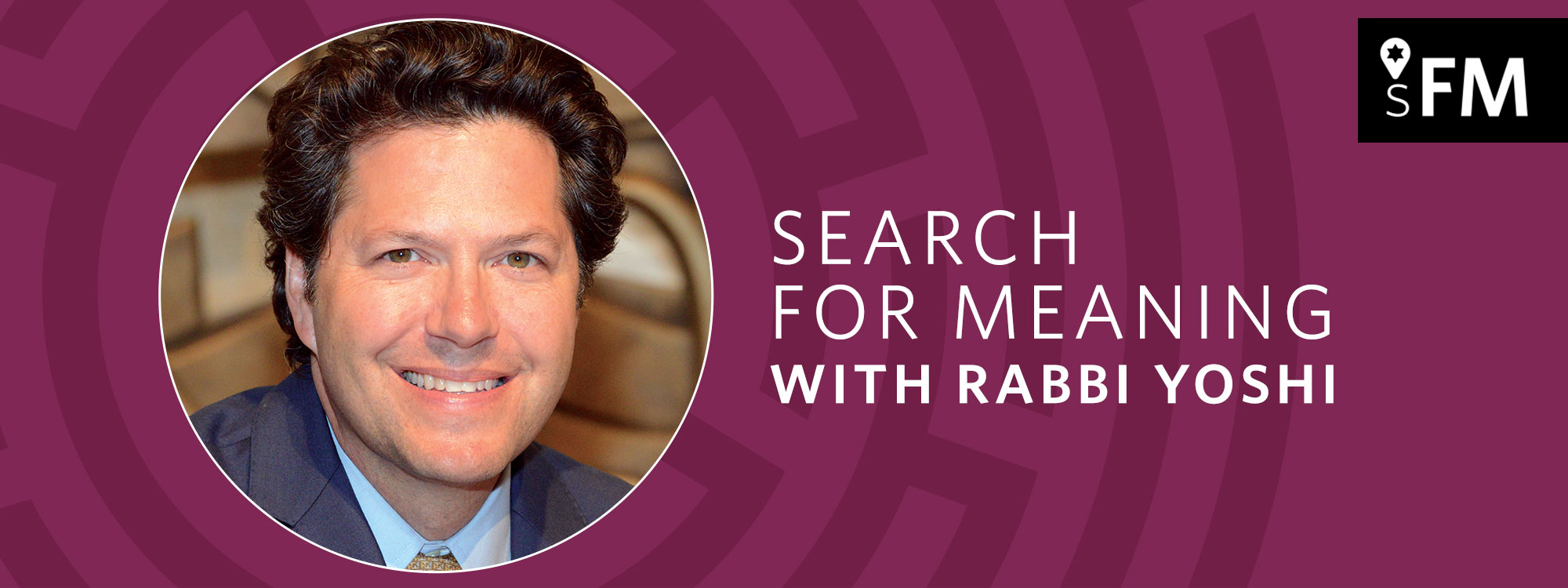Rabbi Eleazar taught: it is often the case that when a person insults another in public and after a time wishes to be reconciled, he approaches the other person privately to apologize. The one who was wronged might rightly say: “You insulted me in front of others! Gather together all the people before whom you spoke against me, and I will be reconciled with you.”
But this is not the way with the Holy One of Blessing. A person can stand and blaspheme and revile God in the marketplace and then the Holy One says to him: “Do teshuvah when you are alone and I will accept it.”
(Pesikta d’Rav Kahana)
The first part of the story reminds us that our repentance must be measured and just. If we have damaged someone’s reputation, it is not enough for us to apologize directly to that person. We must also endeavor to repair the harm that we have done publicly. We must behave similarly with all other transgressions.
The second part of the story is about God’s compassion and grace. According to this teaching, God is quick to forgive, even when we might not be fully deserving. Here is the lesson for us: in our own teshuvah, let us strive for the attribute of justice, ensuring that we are fully deserving of forgiveness by endeavoring to make restitution for the harm that we have caused, even when it is difficult. When it comes to forgiving others, let us strive for the attribute of compassion, trying, like God as it were, to grant pardon freely to those who have wronged us.
— Rabbi Yoshi Zweiback

